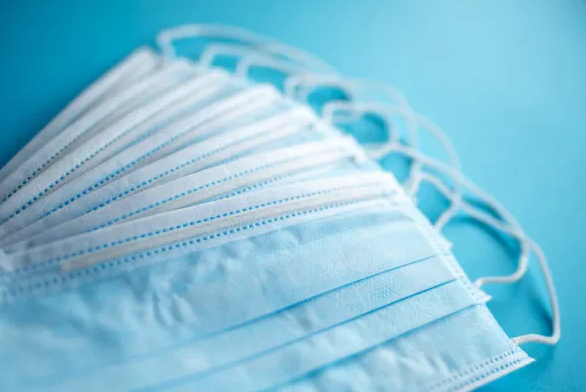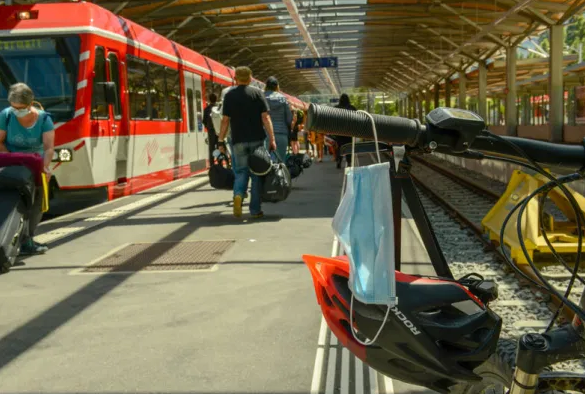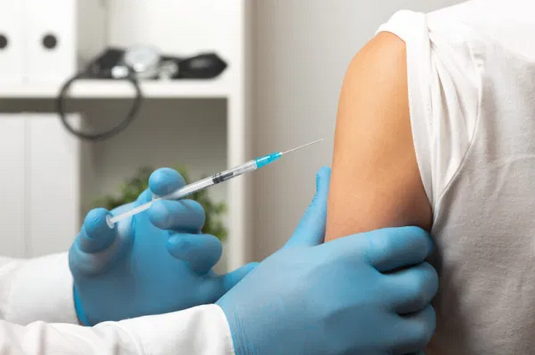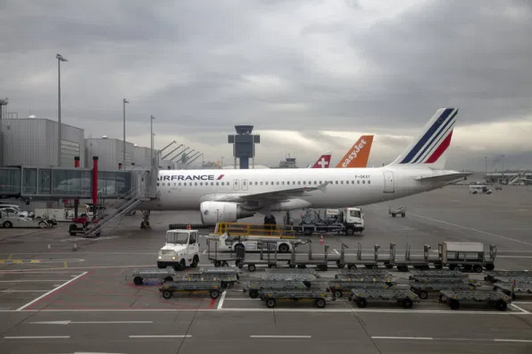Surgical masks © Belish | Dreamstime.com Only 4 out of the 16 masks sold in Switzerland that were tested passed all three tests conducted by a textile testing company, according to RTS. The testing, which included tests for air permeability, splash resistance and filtration, was conducted in laboratories run by Testex in Zurich and Vienna at the behest of RTS. Testing followed the standards recommended by the Swiss National Covid-19 Science Taskforce. There are broadly two kinds of masks used in hospital settings. Surgical masks, which mainly protect those around the wearer, and respirators, which also protect the wearer. These two categories of masks must meet different standards. The photo above shows surgical masks. The masks worn by the public mainly fall into
Topics:
Investec considers the following as important: 3.) Health, 3) Swiss Markets and News, Editor's Choice, Featured, health, Mask tests Switzerland, Masks Covid-19 Switzerland, newsletter
This could be interesting, too:
Investec writes The global brands artificially inflating their prices on Swiss versions of their websites
Investec writes Swiss car insurance premiums going up in 2025
Investec writes The Swiss houses that must be demolished
Investec writes Swiss rent cuts possible following fall in reference rate
Only 4 out of the 16 masks sold in Switzerland that were tested passed all three tests conducted by a textile testing company, according to RTS.
The testing, which included tests for air permeability, splash resistance and filtration, was conducted in laboratories run by Testex in Zurich and Vienna at the behest of RTS. Testing followed the standards recommended by the Swiss National Covid-19 Science Taskforce.
There are broadly two kinds of masks used in hospital settings. Surgical masks, which mainly protect those around the wearer, and respirators, which also protect the wearer. These two categories of masks must meet different standards. The photo above shows surgical masks.
The masks worn by the public mainly fall into the surgical mask category or a third category: fabric masks, which are not used by medical staff. Surgical and fabric masks do more to protect those who come into contact with the wearer than to protect the wearer.
Respirators, which are generally more expensive than surgical masks and more uncomfortable to wear, look like the masks in the photo below. To work fully they need to be properly fitted. One way to test fit is to spray perfume and see it can be smelt. These are what medical staff wear when working with Covid-19 patients. Click here for more information on respirators and different types of masks.
The testing commissioned by RTS didn’t test respirators. It was focused on testing surgical and fabric masks, the types aimed at the public and at stopping the wearer infecting others.
Textex tested 8 fabric masks and 8 disposable surgical masks on sale via large retailers in Switzerland. All 8 of the fabric masks and half of the surgical masks failed at least one test. The 4 that were manufactured in Switzerland all failed as did 1 made in Europe, 6 made in China and 1 of unknown provenance. All of the 4 that passed every test were made in China.
The brands that passed all tests were the Disposable Face Mask (Lidl), PM-Plus Medical (Coop), Medi-Inn (Migros) and JINGEAO (Sunstore). There was no correlation between effectiveness and price. The first of these 3 cost 32 cents a piece and the fourth 80 cents. All were made in China.
The most expensive masks generally performed the worst. The brands Swiss Mask (CHF 10), sold by swissmask.org, Face Mask (CHF 6.95), sold at Müller, NEXERA CARE (CHF 5.98), sold at Sunstore, and MASK-UP (CHF 29.90), sold at Manor were some of the most expensive. All of these masks failed the splash and filtration tests. All the tests showed was that it is possible to breath through these masks.
Based on these test results, a cheap Chinese mask has a greater chance of working than an expensive Swiss one. For a full list of test results on all 16 of the masks click here.
These tests reveal the fallibility and confusion around certification declarations. All surgical masks were marked with some form of certification but most failed to meet the displayed standard when tested. The need for stricter testing is clear.
Fabric masks all performed poorly in the tests. Part of the problem is there are no clear standards for non-medical masks. Meaningful standards for fabric masks are clearly needed.
Tags: Editor's Choice,Featured,Health,Mask tests Switzerland,Masks Covid-19 Switzerland,newsletter









